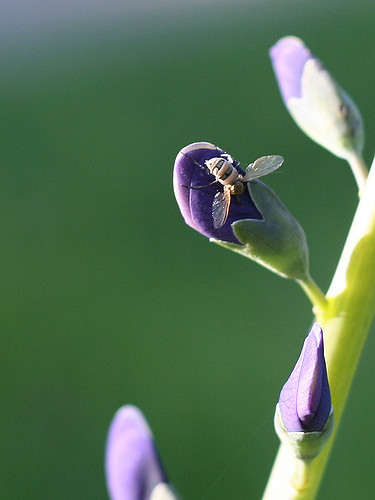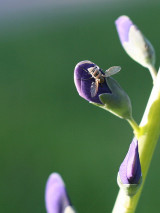
Water Recycling for Climate Resilience (start time: 7:54) When you poured tap water into your coffee maker this morning, or flushed the toilet, you may not have been thinking about where that water came from, or where it flowed to next. Pegged to World Water Week, on this week’s How On Earth host Susan Moran interviews Austa Parker, PhD, an environmental engineer who is a consultant for the firm Brown and Caldwell on national water-reuse issues. She formerly worked for Denver Water and as an adjunct professor at CU Boulder. Our discussion focuses on direct potable reuse (DPR), the process of transforming treated wastewater, including human effluence, into drinking water. Climate change, intensifying droughts and population growth in the already parched U.S. West are pressuring states and cities to pursue DPR as a means of becoming more climate-resilient.
Resource links:
WateReuse Colorado
WateReuse Association (national)
Colorado’s regulations (passed in late 2022) on direct potable reuse
Hosts: Susan Moran, Joel Parker
Show Producer: Susan Moran
Engineer: Joel Parker
Executive Producer: Beth Bennett
Listen to the show here:
Podcast: Play in new window | Download (Duration: 26:51 — 36.9MB)
Subscribe: RSS






 Testing Drinking Water (start time: 14:00): Two years ago Flint, Mich., turned the issue of lead in
Testing Drinking Water (start time: 14:00): Two years ago Flint, Mich., turned the issue of lead in